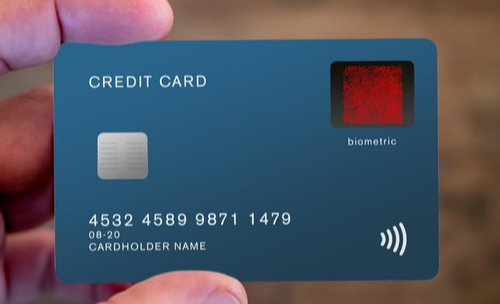Did you know that the average person has approximately $5500 in credit card debt? Although this may not seem like a substantial amount initially, people with lower incomes or other financial obligations may find it challenging to handle the money they owe on their credit cards.
Many people do not understand the differences between unsecured credit cards vs. secured credit cards. Let’s explore everything we need to know so that you can make the best decision for your situation.
What Is an Unsecured Credit Card?
This type of credit card is what most people use. However, depending on your card provider, you may have specific limitations or perks that impact how you can use your card.
However, you will not be required to put down a security deposit or any collateral to receive a credit limit.
What Is a Secured Credit Card?
In contrast, this type of credit card requires collateral or a down payment for you to receive a credit limit.
This is put into place by lenders so that they can protect themselves. As a result, if you decide to default on your payments, the lender will have the means to recoup their losses.
What Are the Benefits of Unsecured Credit Cards?
As you might guess, freedom is the primary benefit of having an unsecured credit card. You will not have to put down any money upfront, so you can use your credit limit as you see fit.
There are a few other benefits that come with unsecured credit cards. For example, many people find it easier to be approved for this type of card.
Additionally, your credit limit may be raised over time as you demonstrate that you are responsible for your payments.
What Are the Benefits of Secured Credit Cards?
One of the main advantages of having a secured credit card is that it can help you to build your credit score.
If you have made some financial mistakes in the past or have no credit history, this type of card can give you a chance to show that you manage your money responsibly. Additionally, secured credit cards often have lower interest rates than unsecured cards.
The lender has less risk when lending money to someone who has put down collateral.
What Are the Drawbacks of Unsecured Credit Cards?
There are a few potential downsides that come with unsecured credit cards. If you have bad credit, you may be limited to only being able to get a card with a high interest rate. Additionally, your credit limit may be pretty low initially, making it difficult to make larger purchases.
What Are the Drawbacks of Secured Credit Cards?
The main disadvantage of having a secured credit card is that you have to put down money upfront, which can be difficult if you do not have extra cash on hand. Additionally, if you default on your payments, you may lose the money you put down as collateral.
Which Type of Credit Card Is Right For Me?
The answer to this question depends on your financial situation. If you have bad credit, a secured credit card may be your best option.
This is because it will help you to build your credit score over time. On the other hand, if you have good credit, you may be better off with an unsecured credit card. This is because you will not have to put down any money upfront, and you may be able to get a card with a higher credit limit.
No matter which type of credit card you choose, it is vital to make sure that you are using it responsibly. This means paying your bill on time and in full every month.
By doing so, you will be well on your way to financial success.
What Should I Look For in a Card Provider?
Not all providers are created equal.
When you are choosing a provider for your credit card, there are a few things that you should look for. First, you should ensure that the provider offers a fair interest rate. Additionally, you should look for a provider with no hidden fees.
Finally, you should choose a provider to report your payments to the major credit bureaus. Otherwise, you won’t be able to build your score as time passes.
This could cause significant complications in the future. For example, renting an apartment or getting a car loan, all to consider your credit score.
The lower your score, the higher your interest rates will be on loans. In some cases, you may not even be able to secure particular financing. You should also take time to research the past reputation of the card provider. This will provide insight into the type of experience you can expect.
It’s in your best interest to choose a provider that has a large number of positive reviews. Finally, select a card that is widely accepted.
This will help ensure you can use your card at most locations. Business owners who want to learn more about credit card processing can read more here.
Choosing Between Unsecured Credit Cards vs. Secured Is Simple
Although settling the unsecured credit cards vs. secured debate may seem complicated initially, it’s much more straightforward than most people believe. Just keep the above information in mind so you can make the best decision for you.
Are you looking for other valuable articles like this one? Our blog has plenty of information to help you in the future.
